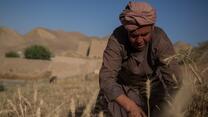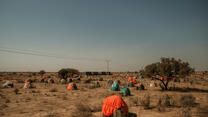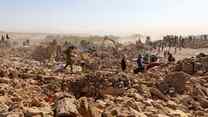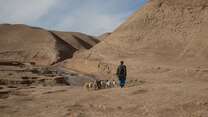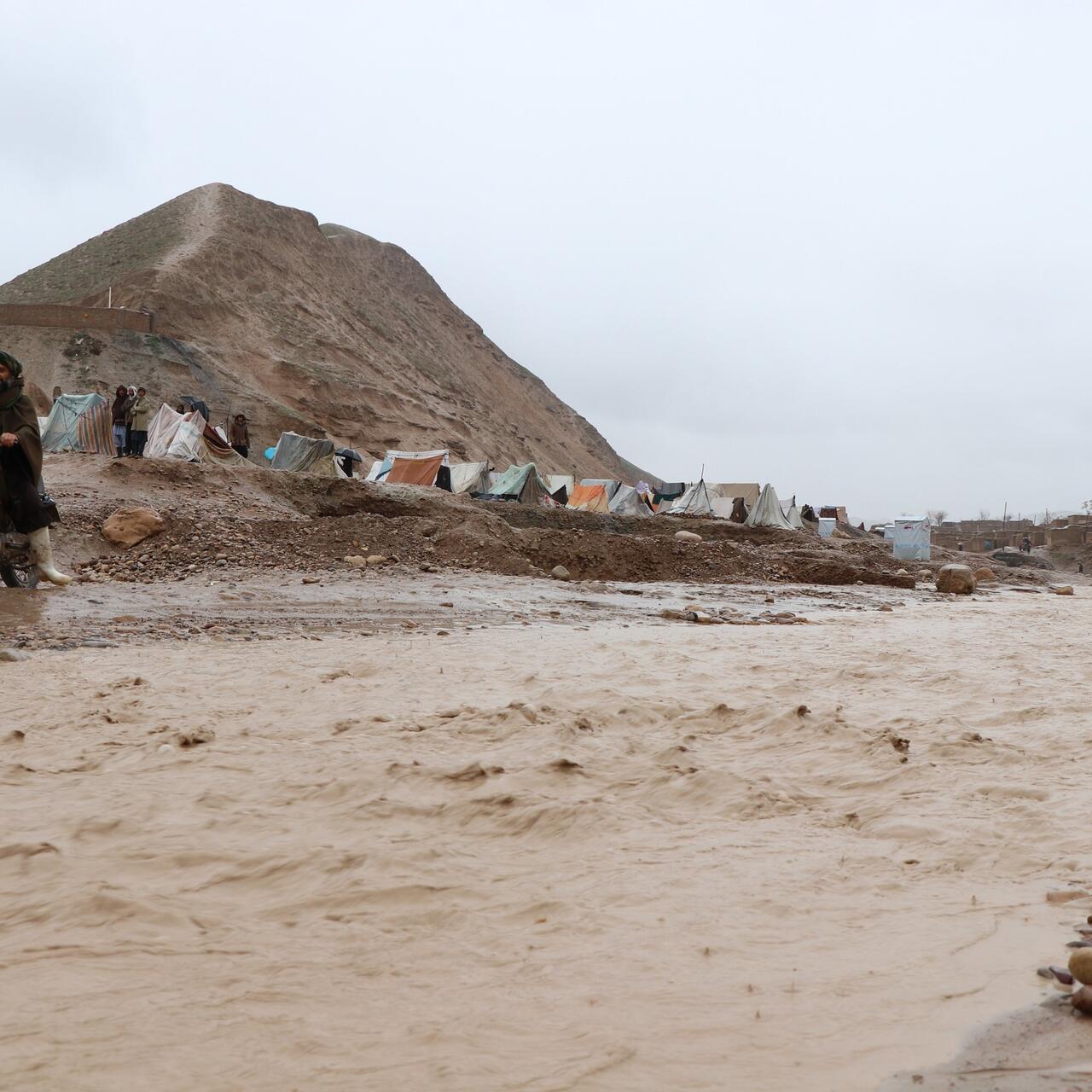
After a year of severe drought, flash floods have killed at least 77 people and destroyed thousands of homes in Afghanistan.
More than 42,000 people have been displaced by the floods since the start of 2019. In all, 163,000 people in 16 provinces need urgent help.
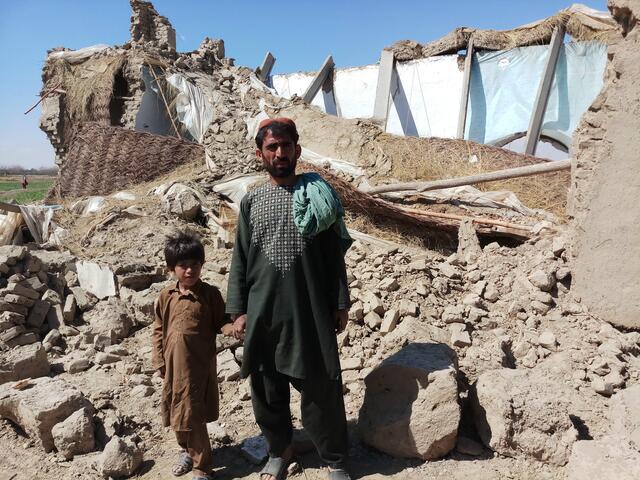
In Herat, Helmand and Badghis provinces, for example, heavy rainfall triggered flash floods in March and early April, spoiling vast swathes of agricultural land. Some affected areas remain inaccessible due to roadblocks or deteriorating security conditions, preventing humanitarian agencies from providing assistance.
Sometimes we go to villages and discover that everyone has lost everything.
“Sometimes we go to villages and discover that everyone has lost everything,” says Fazl Rabi, the International Rescue Committee’s field coordinator in Herat. In the village of Shadi Bara, in Injil district, 185 of 190 families saw their homes destroyed.
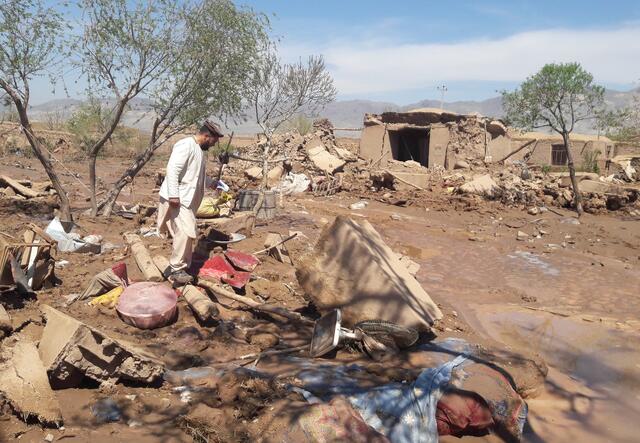
In one town in Helmand, 200 of 300 families were severely affected by the flooding. Sadar Mohammad, breadwinner for his family of five, is among those receiving emergency cash from the IRC. The IRC is also providing shelter, clean water and sanitation services to more than 4,000 people in the three provinces.
“We provide tents, cash, hygiene kits—but, unfortunately, we can only assist some of those affected and hope that more funding can come to help the rest,” says Rabi.
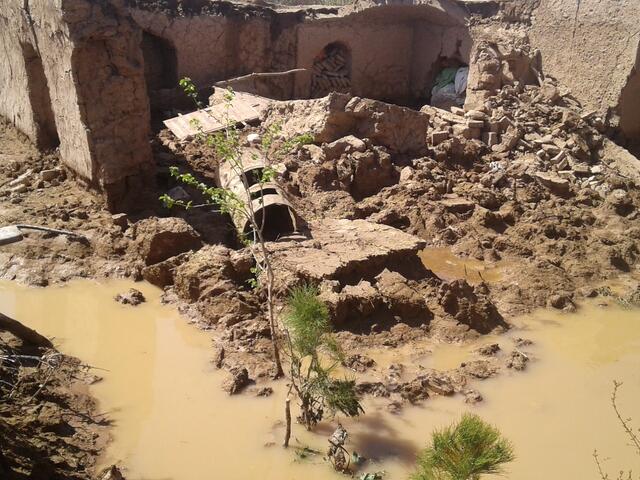
The IRC continues to assess the needs across the country. Additional resources are urgently needed to support thousands of households during the coming months, which are expected to bring more devastating rain. Families living in camps are particularly vulnerable.
